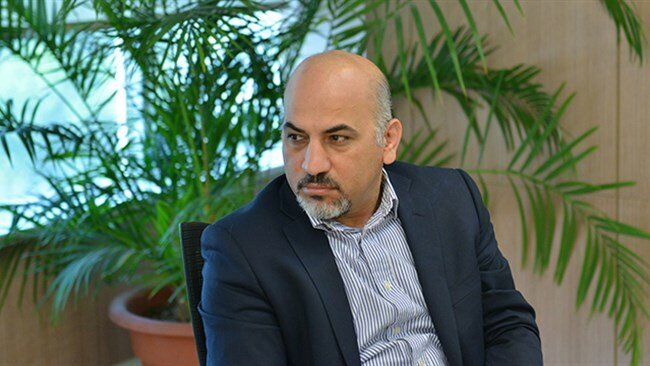TEHRAN – The Organization of Petroleum Exporting Countries (OPEC) and its allies, known as OPEC+, agreed on Saturday to extend their previous cuts deal for a one-month in a bid to support the oil prices which are slowly getting back on track.
This agreement is expected to push the prices, which have already passed $40, back into the $50 channel.
But what this new agreement and its impacts on the oil market would mean for Iran whose oil exports have fallen significantly due to the unjust U.S. sanction?
To answer this question, the Tehran Times spoke with the Chairman of Iran Chamber of Commerce, Industries, Mines and Agriculture (ICCIMA)'s Energy Committee Hamidreza Salehi; what follows is a summary of the answers we got.
The OPEC+ agreement
Following the news of the possible extension of the OPEC+ cuts, oil prices exceed $40 in recent days after three months, this means that market is eager to recover from months of lagging and the condition is ripe for a hot summer in the oil market!
After several hours of negotiation through a video conference on Saturday, OPEC+ nations reached a new agreement to cut their production by 9.6 million barrels per day (bpd) next month.
The new figure is 100,000 barrels a day lower than the previously agreed level in June because Mexico will end its supply constraints.
The parties also agreed that the nations (mainly Iraq, Nigeria, Angola, and Kazakhstan) which wouldn’t fulfill their May and June commitments completely, will make extra reductions from July to September to compensate for their failings.
Iran, Libya, and Venezuela remain exempt from production cuts.
The consequences
Asked about the consequences of the deal on Iran’s oil market and the county’s economic situation, Salehi noted that considering the current level of Iran’s oil exports, the new agreement is not expected to have a drastic impact on the country’s oil revenues at least not directly.
Iranian oil prices which were in the $50 a barrel range last year, fell to very low levels following the spread of coronavirus and its drastic impacts on the demand in the global markets. However, in recent weeks, as global indicators have shown, Iran's heavy oil, which makes up the majority of Iran's oil basket, is recovering along with other global grades.
However, despite the almost doubling of Iranian oil prices, the economical returns for the country will not be as high as those of other producing countries, as according to unofficial reports, Iranian oil exports have fallen significantly due to the U.S. sanctions.
But, rising oil prices could have a positive effect on the markets of other oil-related industries and products like gasoline and petrochemicals, as well as basic commodities such as copper, iron ore and steel, Salehi said.
According to the official, the government has recently taken steps to distance itself from selling raw materials and expanding the exports of oil products exports.
In a letter to Iranian Oil Minister Bijan Zanganeh, President Hassan Rouhani called for a gradual reduction in crude oil sales and a shift in production and sales of higher value-added products.
“In this regard, the government should make plans for supporting the country’s producers to adapt to the post-corona situation; it should help them pass through this situation with the least damage,” he said.
The growth of oil prices is a good sign showing that the global economy is slowly passing through the pandemic. It is an indication that governments are implementing new strategies to help their productive sectors and their economies to put the current situation behind with the least possible losses, he explained.
“Our country can also benefit from improving conditions by following new policies and strategies for supporting domestic production.”
The rising oil prices could be a great support for other areas like petrochemicals and oil products, Salehi stressed.


No comments:
Post a Comment